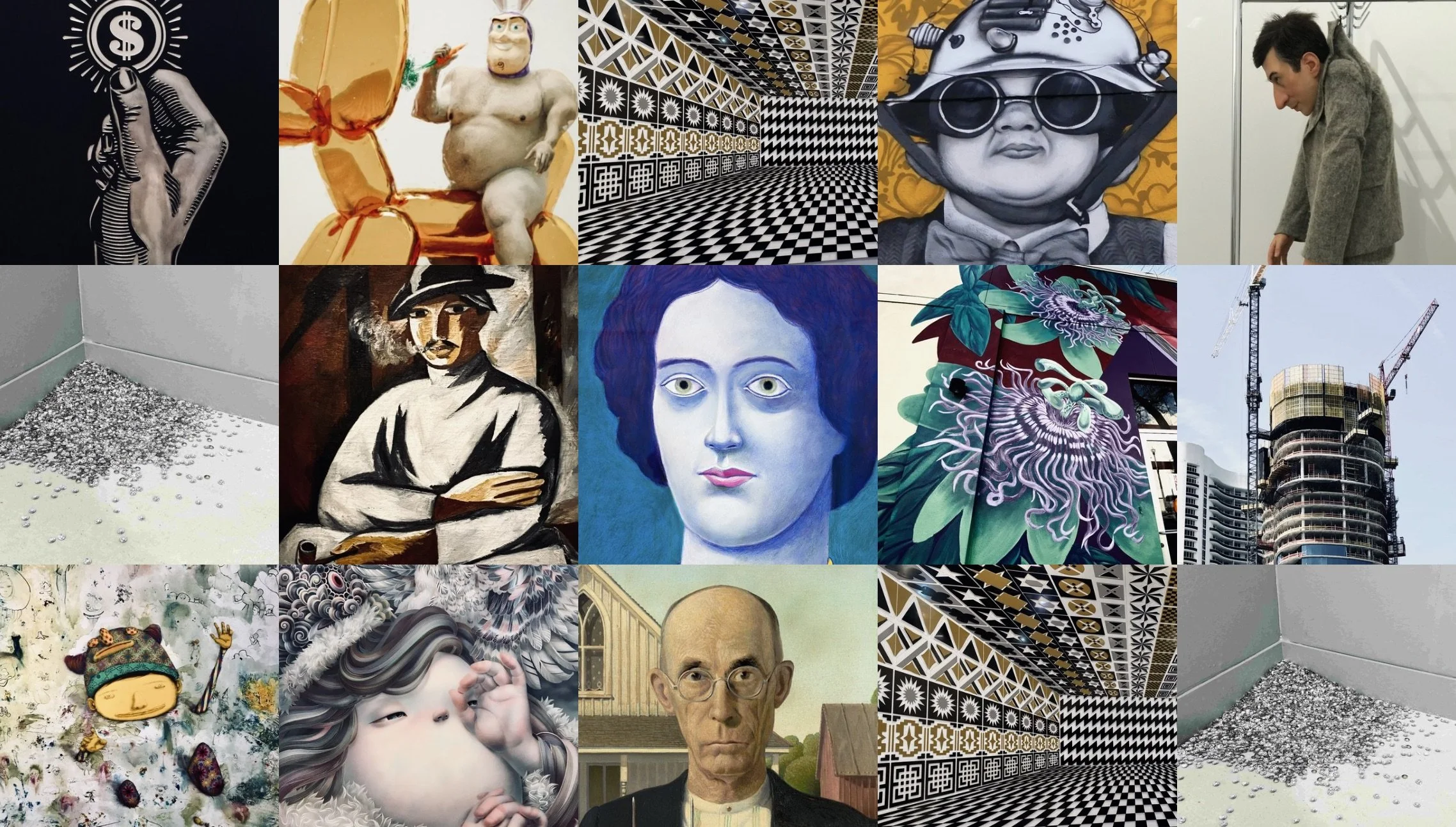The exhibition featured 132 paintings from Kusama’s “My Eternal Soul” series that she started in 2009. Plus a retrospective of her work through stages of her life starting in her hometown Matsumoto. the exhibition offered a captivating retrospective of Kusama's artistic evolution, tracing her journey from her roots in Matsumoto, her hometown, through the various stages of her remarkable career.
Read MoreKisho Kurokawa was one of the founders of the Metabolist Movement in the 60's
Read MoreA -part of Hara Museum of Contemporary Art's permanent collection
Read MoreElizabeth Peyton studied at The School of Visual Arts, New York (graduating in 1987). Her major solo exhibitions include Here She Comes Now, Staatliche Kunsthalle Baden-Baden, Germany (2013); Ghost, a retrospective of the artist’s prints at the Mildred Lane Kemper Art Museum, St. Louis, USA, and Stiftung Opelvillen, Rüsselsheim, Germany (both 2011), and the major retrospective Live Forever at the Walker Art Center, Minneapolis, USA, touring to the New Museum, New York, Whitechapel Art Gallery, London, and Bonnefanten Museum, Maastricht, Holland (2009-10). Reading and Writing at the Irish Museum of Modern Art, Dublin, in 2009, brought together many literaryinfused works. In Japan, she held a solo exhibition at Gallery Side 2, Tokyo in 1995 and was included in the Essential Painting exhibition at the National Museum of Art, Osaka, in 2006. Peyton lives and works in New York. An upcoming solo exhibition will be presented at the Académie de France in Rome - Villa Medici in 2017.
Read MoreKengo Kuma Architecture
Read More
Displayed next to 75 other works by the artist in a retrospective called “Charming Journey”
"Tamasha" makes us recall Hanuman Langur*, which served as the model for the popular monkey god Hanuman that appears in the Ramayana. However in reality, the inspiration for N.S. Harsha came from a lonely monkey sitting on a drainpipe watching the construction of Harha's new studio. At the same time, it refers to the European myth called Ratking phenomena, which somehow the group of rats have their tails mingles and caught up each other.
Read MoreCreated by Peruvian artist Rafael Lanfranco | Tokyo Art fair 2017
Read More
![A spaniard in Tokyo's Moore building [ outdoor sculpture ]](https://images.squarespace-cdn.com/content/v1/56703520d8af1045cf9bcf0d/1508112341745-IPLB28AOO0JKJUZC3FA5/IMG_0029.jpg)












